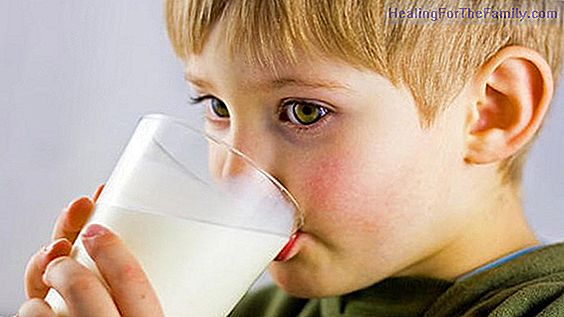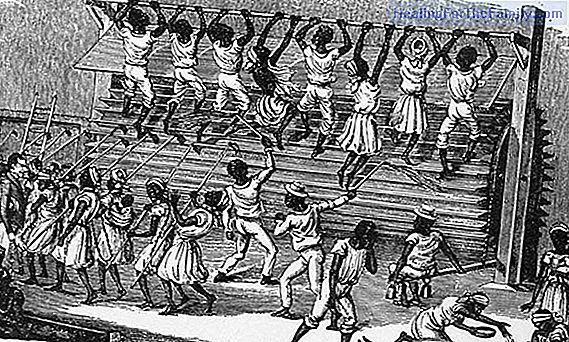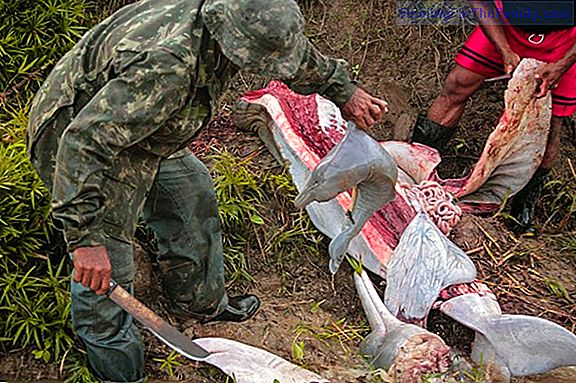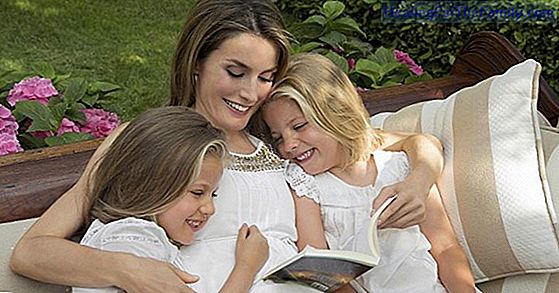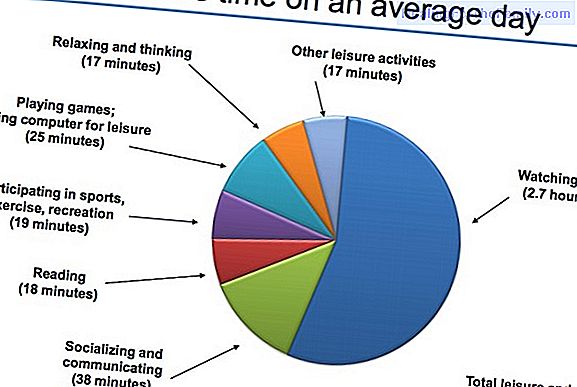The sense of smell in babies
Touch, taste, hearing, sight and, finally, smell. They are the five senses with which the human being counts, nevertheless the smell is to which less attention is lent to him. But is this always the case? No, smell is a sense that atrophies with the passage of time and with little use. That's why ch
Touch, taste, hearing, sight and, finally, smell. They are the five senses with which the human being counts, nevertheless the smell is to which less attention is lent to him. But is this always the case? No, smell is a sense that atrophies with the passage of time and with little use. That's why children tend to smell everything, whether pleasant or unpleasant.
The sense of smell in the newborn
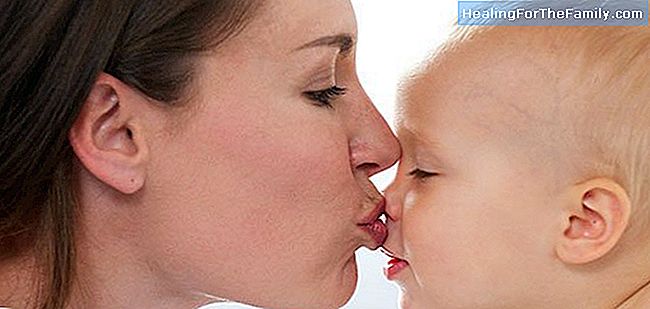
In fact, smell is one of the most developed senses in the newborn. Babies recognize people by smells, especially their mother and the people closest to him.
Already from the gestation period the baby begins to develop the sense of smell, always thanks to the hormonal union that he shares with his mother. The amniotic fluid, foods and other external smells will begin to be part of the child's universe even without being born. Once the child comes to the world his nose is his best ally to recognize his mother and look for his chest in search of food and as the days go by he recognizes family members also because of his smell.
Children's learning through odors
When the child is small has the ability to get used to the smells, whether good or bad, that is why they are able to be in a room with a bad smell or approach the nose anything pestilent, they are simply recognizing, learning. As they grow, the responses to the smells become more calculated since they know how to distinguish between a good and a bad smell.
Identifying smells is the way in which children and not so children protect themselves and recognize their environment. For example, the smell of something burned, puts our brain alert. The first time a child smells something burned, he does not know what he is facing, but once his mind associates that particular odor with a certain dangerous situation, the second time he smells it, his brain will instantly become alert. natural.
You can enhance the child's ability to smell through fun games, not only you will be developing that sense, but also memory and sensations will enter the scene. Introduce different things with characteristic scents such as mint, lemon, garlic, etc ... and sell the eyes of the child so you can recognize the smells, maybe the first one is complicated because you may not know them, but surely the third, as A lot, she's going to be defeated, and she asks you for new scents to continue experimenting.
The smells will be part of the memories of childhood
It is also through smell that their first emotions are created and this is because smell is located in the brain in the area of emotions, motivation or memory, so even as adults, there are people who have many memories based on olfactory experiences. Who has not had to completely forget a memory and it seems that it was yesterday when it reaches our nose an odor that we associate with that moment. This also happens with the other senses, but not in the way that smell does.
One thing is clear and that smell is a primary sense in the development of a child ya, since the food, emotional and mental development, and in short, the survival of the child depend on the sense of smell.Diego Fernández
. Editor of Guiainfantil.com

